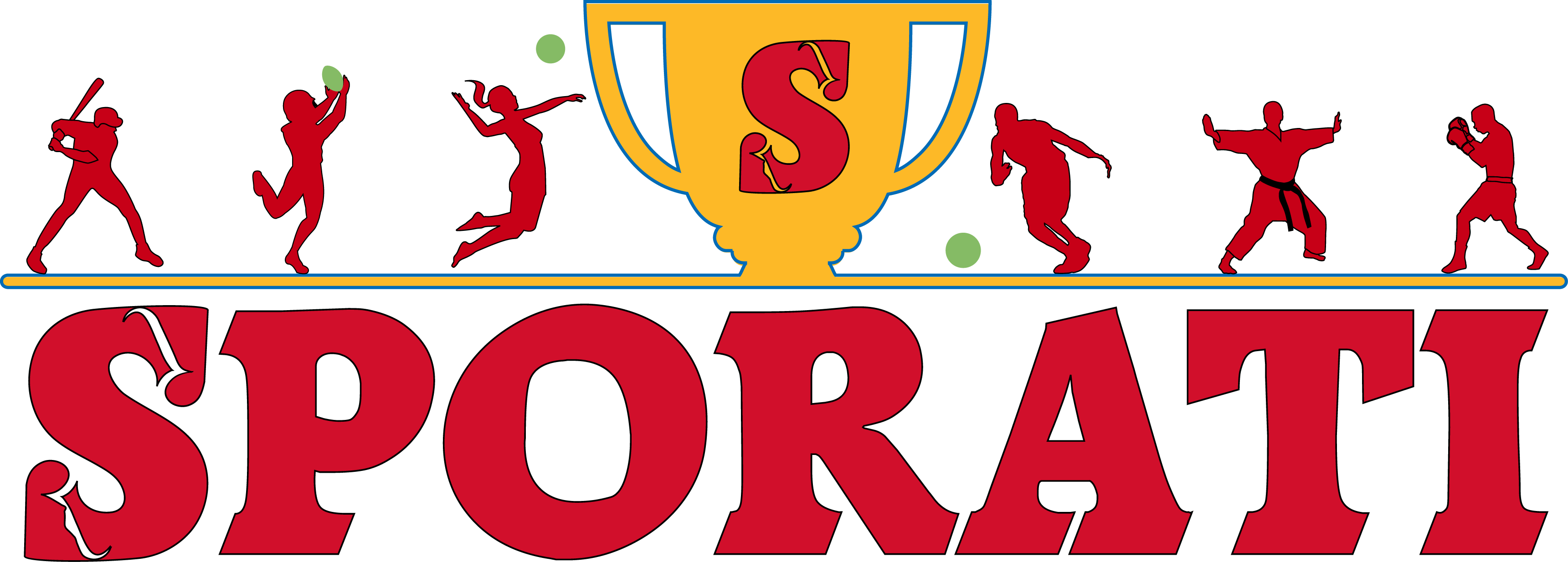Milan 2026, FIS Deal
As the world of sports steadily marches toward the Milan-Cortina 2026 Winter Olympics, behind-the-scenes negotiations, test events, and financial agreements are making just as many headlines as the games themselves. In this week’s whirlwind of sports governance drama, the focus falls squarely on international ski federation disagreements, pivotal Olympic test events, and a hefty $400 million offer from CVC Capital Partners. If you thought the lead-up to an Olympics was all serene snowy landscapes and athlete training montages, think again.
Olympic Preparations: Test Events Are “In,” FIS Agrees to Disagree
Despite the fanfare surrounding the Winter Games, there’s been a rather frosty exchange between Milan-Cortina 2026 organizers and the International Ski and Snowboard Federation (FIS). Organizers, like clockwork, like to run so-called “test events” on competition courses ahead of the Games for evaluation and readiness purposes. These events focus on ensuring that everythingathlete safety, logistics, broadcast qualityfunctions seamlessly.
However, this year’s attempts were met with rigid opposition from the FIS, which controversially declined to partner with the organizing committee on official test events. According to statements from FIS, their calendar is already saturated with regular World Cup and World Championship competitions, leaving no room for additional events merely for Olympic preparation.
“We do not schedule races purely for testing purposes,” FIS President Johan Eliasch declared firmly, adding, “Our calendar is dictated by performance goals, not logistical rehearsals.”
The icy refusal has left Milan-Cortina officials scrambling, particularly as test events are essentially the International Olympic Committee’s (IOC) unofficial gold standard for readiness. Will the organizers manage to hold unsanctioned “testing” without FIS backing, and if so, will it suffice to convince skeptics about event security and smooth operations?
CVC’s $400 Million Proposal: For Love or Money?
If you thought ski slopes were slippery, wait until you hear about the latest corporate intrigue in the world of winter sports. Enter private equity giant CVC Capital Partners. The global investor reportedly offered a staggering $400 million for a share of FIS’s sports rights, proposing a long-term partnership that mirrors its recent moves in other sports such as rugby and volleyball.
The deal would give CVC a portion of commercial rights for FIS-controlled competitions, presumably opening the door to greater monetization of events, sponsorships, and broadcasting. However, similar to their stance on test events, the FIS board is skating cautiously around the offer, emphasizing that any decision must align with their strategic vision.
“FIS is not for sale, and neither are our competitions. Any financial partnership must prioritize athletes and fans first,” insisted one unnamed official.
One part pragmatism and one part defiance, this deliberation potentially shifts the balance of power between governing sports bodies and private investors. Should CVC successfully seal the deal, it could pave the way for private equity’s further infiltration into the Olympic ecosystema development that excites some and worries others.
IBA’s Abrupt Policy Change: The Boxing Federation’s Sudden Left Hook
Not one to be overshadowed, boxing’s embattled governing body, the International Boxing Association (IBA), delivered yet another political head-scratcher this week. After years of resisting international pressure, the IBA has reversed its hardline approach on dual memberships. Member national federations can now join secondary bodies like World Boxing while retaining IBA affiliation.
Considering the IBA has been on thin ice with the IOC for yearsprimarily due to allegations of corruption and internal strifethis sudden policy shift raises eyebrows. Was it a play to restore goodwill with the IOC, or merely a tactic to preempt defections from dissatisfied federations?
“This is not capitulation. It is evolution,” insisted IBA President Umar Kremlev, though critics were quick to point out that the timing smacks more of desperation than strategy.
The policy change, however, does little to settle one glaring problem: as of now, boxing still lacks clarity on its place in the 2028 Los Angeles Olympics, a fate entirely tied to the IBA’s credibility with the IOC.
What Lies Ahead for Milan-Cortina 2026?
As the countdown to Milan-Cortina 2026 continues, a mountain of questions looms. Will the organizing committee manage to circumvent the lack of official test events? Can FIS keep both its calendar and autonomy intact? And will CVC’s $400 million gamble bear fruit, or is it destined to melt under stakeholder scrutiny?
The stakes, as always, are immense. The Olympics are more than a sporting showcase; they are a global political, cultural, and economic wrestling match. For now, much of this week’s drama signals a larger trend: the increasing friction between old-school governance models and the inexorable pull of modernization and commercialization.
Final Thoughts
Whether it’s ski slopes, boardroom negotiations, or boxing rings, the road to Milan 2026 is proving just as gripping as the competition itself. Stay tunedif this week’s developments are any indication, the games behind the Games are far from over.

